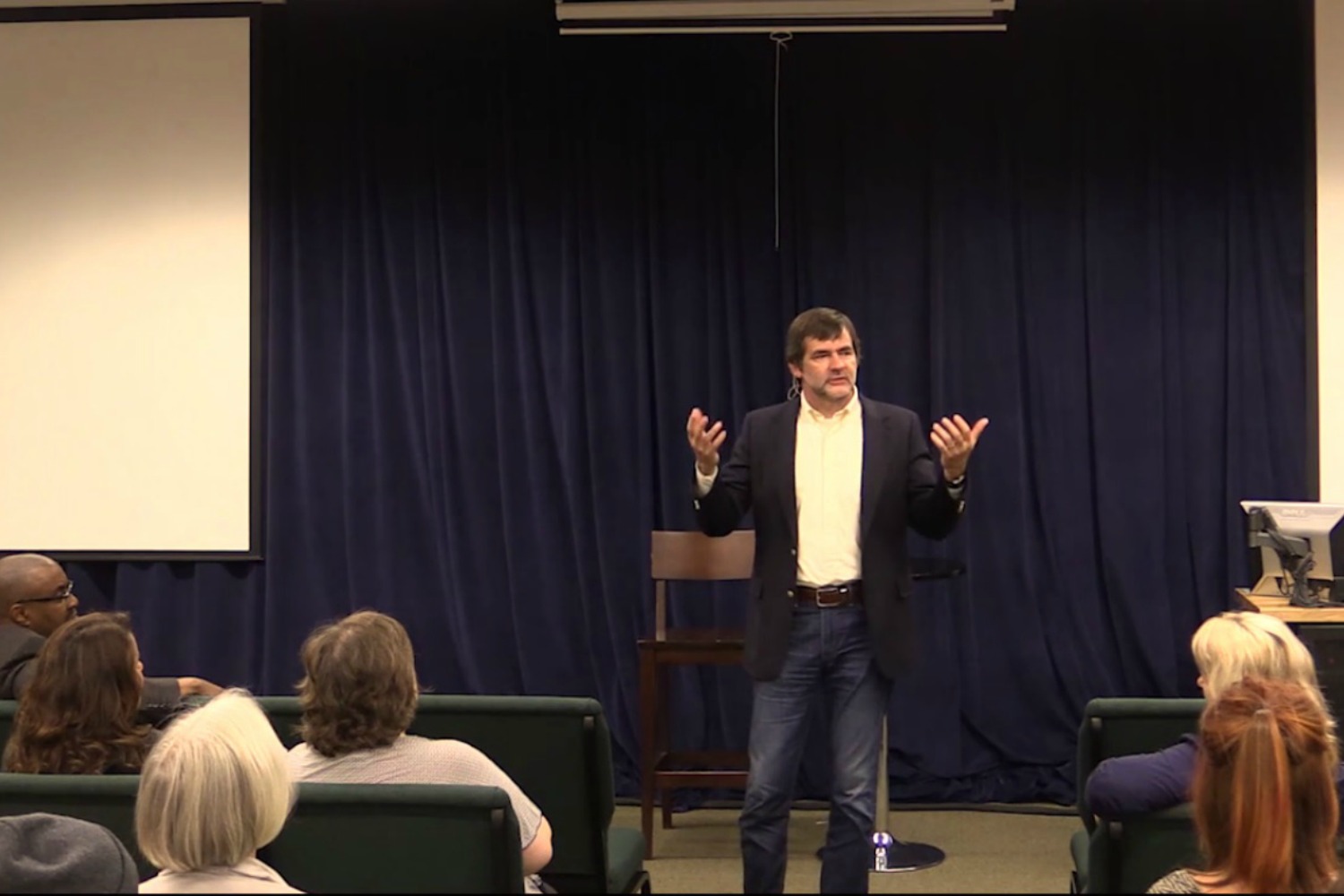Last month, we had the honor of hosting Dr. Curt Thompson for an evening lecture at The Seattle School, part of the 2016 Relational Perspective Lecture Series. This series was founded by Dr. Roy Barsness with the vision of creating an intimate, accessible environment to engage with relational and analytic theorists and clinicians who are contributing innovative, compelling work to the fields of psychology and psychotherapy.
This year’s guest, Dr. Curt Thompson, is a psychiatrist, founder of Being Known, and author of Anatomy of the Soul and The Soul of Shame. He has specific expertise in the field of interpersonal neurobiology and how it reflects important tenets of Christian faith, providing opportunities to comprehend and experience that same faith in fresh, trustworthy ways.
There is a different way for us to know things, and I want to suggest that it is to be known.
Here, we are thrilled to share the full video of Dr. Thompson’s lecture, “Loving God with All Your Mind: Interpersonal Neurobiology and Relational Flourishing.” The lecture wrestles with how we know what we know, what it means for our minds to develop in relationship with other minds, the nature of shame, and how all of this is reflected and illuminated by scripture and the Christian faith. “That’s the first time I have felt pastored by a scientist,” said Dr. Derek McNeil, Senior Vice President of Academics, at the conclusion of the evening.
The lecture is framed around an understanding of the mind as “an embodied and relational process that emerges from within and between brains, whose task it is to regulate the flow of energy and information.” If that sounds like a mouthful, don’t worry—Dr. Thompson walks through each part of that definition in a compelling and entertaining way.
“As we incorporate this new information, as we pay attention to the mind as being beyond, and bigger, and broader, and deeper than just something with which I think, and that my spirituality is not just something that happens in the ether, it is something that happens in deeply embodies ways in community, we create space for God to do work that we otherwise, heretofore, could not have imagined. And it really seems like that’s happening here, thanks be to God.”

